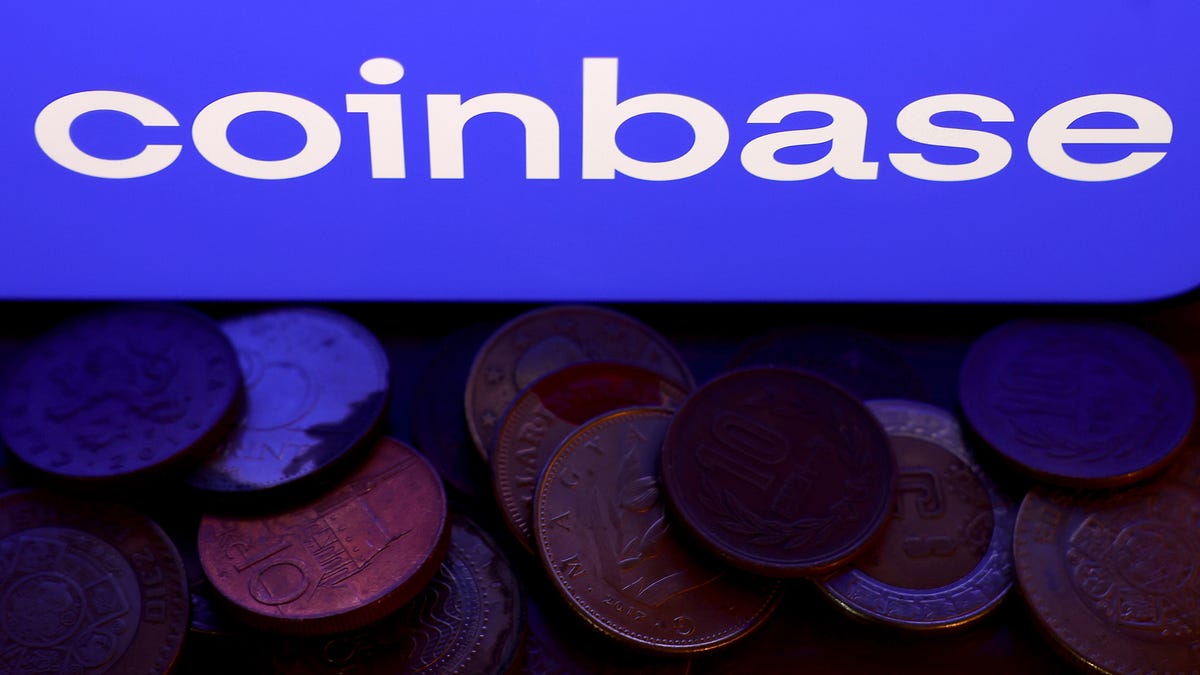Congrats, You Own Crypto Now: Coinbase Joins the S&P 500
May 19 marked a momentous day in the world of cryptocurrency as Coinbase, the largest U.S. crypto exchange, officially joined the S&P 500, replacing Discover Financial Services (DFS) following its acquisition by Capital One (COF). This significant development marks a major milestone in mainstreaming legitimacy for crypto, which until recently positioned itself as an alternative to the traditional financial system.
With a market capitalization of $67 billion and shares up almost 30% since the announcement, Coinbase's inclusion is not just a nod to its impressive financial performance but also a reflection of broader institutional acceptance of cryptocurrency as an enduring component of global finance. "This isn't merely a nod to Coinbase's market capitalisation or financial performance," said Meryem Habibi, chief revenue officer at Bitpace. "It reflects a broader institutional acceptance of crypto as an enduring component of global finance."
Coinbase was founded as a retail crypto trading platform but has evolved into an infrastructure company that also serves institutions and developers – a pivot that has helped it survive regulatory crackdowns and crypto's brutal winters. Its S&P inclusion follows strict profitability, liquidity, and governance standards, underscoring that even Wall Street's most staid types now see Coinbase as part of the system.
Risks remain, however. Coinbase still relies heavily on trading volumes in a volatile sector, and analysts caution that the inclusion says more about market structure than long-term dominance. Nevertheless, the event marks a significant cultural shift that cannot be ignored. "The event sets a new precedent: Crypto-native companies can evolve into systemically relevant financial entities," Habibi elaborated.
"Rather than signalling the demise of TradFi, it highlights a convergence, where digital-native infrastructure is being woven into the mainstream financial fabric. Just as fintechs were once disruptors and are now embedded within the banking ecosystem, crypto firms like Coinbase are reshaping the core of capital markets."
The Implications for Investors
For investors with 401(k)s or mutual funds, this means that you likely now hold crypto exposure, whether you ever meant to or not. Passive index funds that track the S&P – and active managers who take it as their benchmark – will be forced to buy Coinbase stock, creating demand and cementing visibility.
Sign up for our Daily Brief, a free, fast, and fun briefing on the global economy, delivered every weekday morning.
The Future of Crypto
As Coinbase joins the S&P 500, it paves the way for other crypto-native companies to follow in its footsteps. The event marks a significant shift towards mainstream acceptance of cryptocurrency, one that will have far-reaching implications for investors, policymakers, and the financial industry as a whole.
The inclusion of Coinbase in the S&P 500 is a testament to the growing legitimacy of cryptocurrency and its potential to reshape the core of capital markets. As the crypto landscape continues to evolve, one thing is clear: the future of finance will be shaped by digital-native infrastructure, and Coinbase is at the forefront of this transformation.
